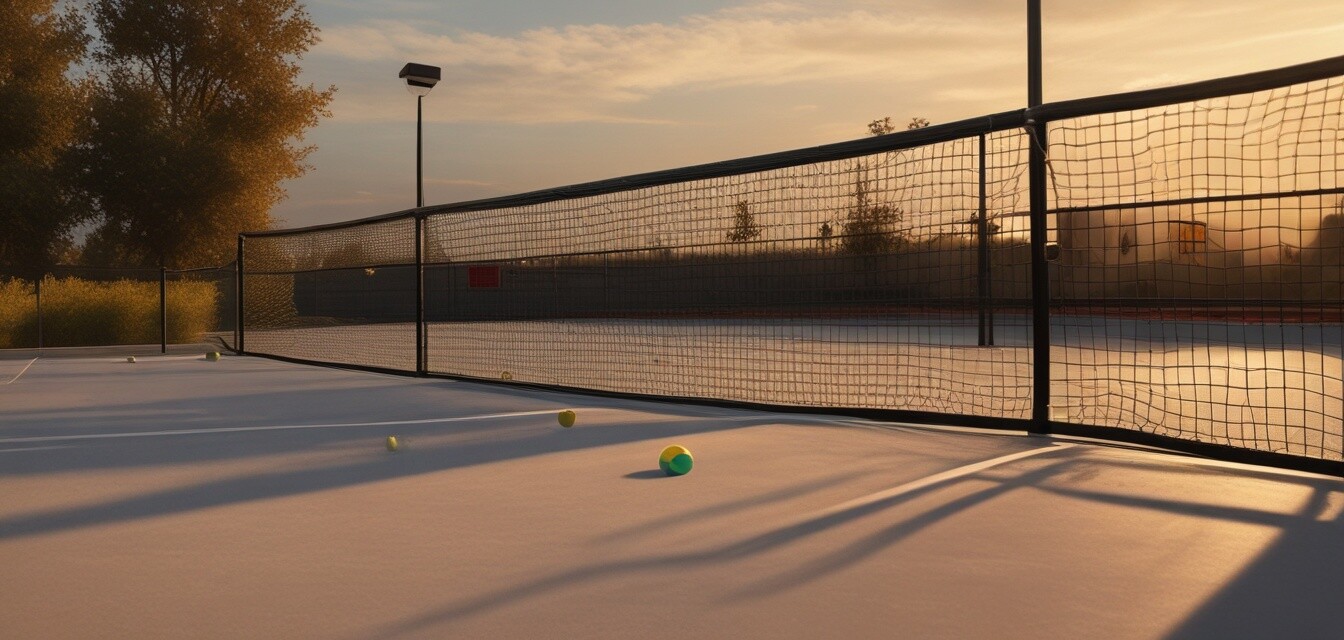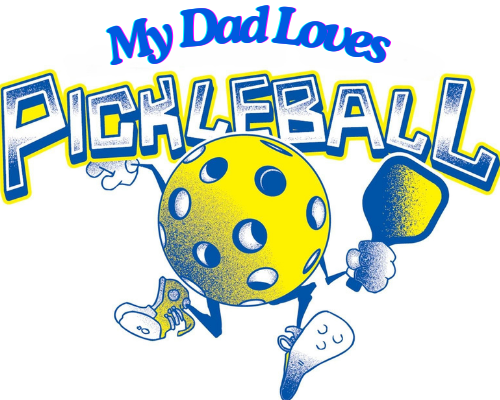
The Role of Mental Toughness in Competitive Pickleball
Key Takeaways
- Mental toughness enhances performance in high-pressure situations.
- Visualization techniques can build confidence before matches.
- Strategies like mindfulness and focus aid in maintaining composure.
- Positive self-talk can keep motivation high during games.
- Training your mind is as crucial as physical training in pickleball.
In the fast-paced world of competitive pickleball, mental toughness plays a pivotal role that often outweighs the physical skill of the players. Understanding how to harness mental resilience can give you a significant edge over your opponents, especially during high-pressure moments. In this article, we will explore effective strategies for cultivating mental toughness, thus amplifying your performance on the court.
Understanding Mental Toughness
Mental toughness refers to the ability to stay focused, calm, and composed, even in challenging situations. For pickleball players, this skill can mean the difference between winning and losing a crucial match. Here are some key attributes that define mental toughness:
- Resilience: The capacity to recover quickly from setbacks.
- Focus: The ability to concentrate on the task at hand, ignoring distractions.
- Confidence: Believing in one’s abilities and decisions.
- Emotional regulation: Keeping emotions in check during intense moments.
Why It Matters in Pickleball
Competitive pickleball is not just a physical battle; it is also a mental one. Players often face pressure from their opponents and the situation of the game itself. Strong mental toughness can help you:
- Perform better under stress.
- Maintain composure in tight matches.
- Adapt to unforeseen challenges on the court.
- Recover quickly from mistakes and focus on the next play.
Strategies to Enhance Mental Toughness
Here are some proven techniques to help you build and strengthen your mental toughness in pickleball:
1. Visualization Techniques
Visualization is a powerful mental exercise. Close your eyes and imagine yourself successfully executing plays, anticipating opponents’ moves, and winning important points. This practice can enhance your confidence and readiness.
2. Mindfulness Practice
Staying mindful during a game helps you maintain focus and serenity. Techniques such as deep breathing or a brief moment of meditation can help calm your mind during intense match moments. Consider incorporating mindfulness into your training routine to create a steady mental state.
3. Positive Self-Talk
Your internal dialogue can impact your performance significantly. Use positive affirmations and self-talk to inspire confidence. Replace negative thoughts with constructive ones, encouraging yourself to push through tight situations.
4. Goal Setting
Setting realistic, achievable goals helps you stay focused and motivated. Break down your goals into manageable parts, and track your progress. Celebrate small victories along the way to maintain motivation.
5. Embracing Challenges
View challenges as opportunities for growth. By embracing discomfort, you can improve your mental resilience. Participate in competitive matches regularly to expose yourself to high-pressure environments and learn to thrive under them.
Developing a Mental Training Routine
Just like physical training, developing a consistent mental training regimen is crucial. Here’s a sample weekly schedule you can follow to strengthen your mental toughness:
| Day | Activity | Duration |
|---|---|---|
| Monday | Mindfulness meditation | 15 mins |
| Tuesday | Visualization practice | 10 mins |
| Wednesday | Positive affirmations | 5 mins |
| Thursday | Gameplay analysis (reflect on a match) | 20 mins |
| Friday | Set goals for upcoming matches | 15 mins |
| Saturday | Compete in a friendly match | 1 hour |
| Sunday | Relaxation and recovery | Varied |
Building a Support System
Mental toughness is not solely an individual endeavor. Having a supportive community can significantly enhance your resilience. Surrounded by fellow players, coaches, and friends who encourage and motivate you sets a positive environment for growth. Consider joining local clubs or forums to connect with passionate pickleball enthusiasts. Check out our Community Spotlight for tips on finding your tribe.
Conclusion
In summary, mental toughness is a crucial component of success in competitive pickleball. By embracing techniques for building resilience, you can not only improve your gameplay but also advance your personal growth. Remember, the mental game is just as important as your physical skills. Start implementing these strategies today to lift your game.
Pros
- Improved performance under pressure.
- Enhanced focus and concentration.
- Ability to recover quickly from setbacks.
- Increased confidence and motivation.
Cons
- Requires consistent practice and commitment.
- May take time to see improvements.
For more tips on leveling up your game, visit our Tips & Tactics section. Let mental toughness be your game changer on the pickleball court!


